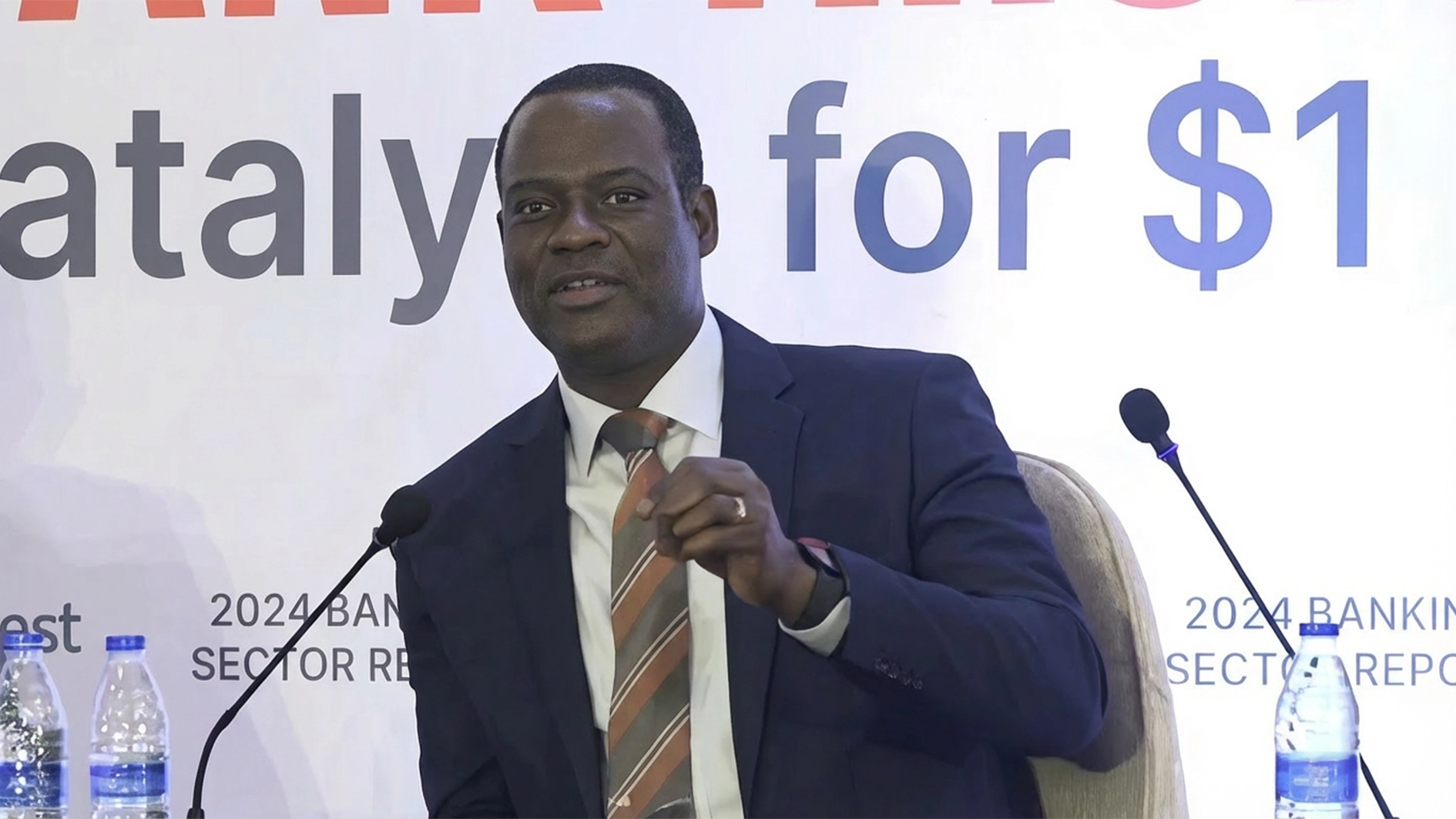• House to make Efik, other indigenous languages mandatory in schools
In a move aimed at strengthening the academic leadership of the University of Cross River State (UNICROSS), the governor and visitor to the university, Bassey Edet Otu, has approved the appointment of Prof. Francisca Bassey as the substantive Vice-Chancellor of the institution.
The appointment, which takes immediate effect, follows the recommendation of the university’s governing council after what government sources describe as “a rigorous, merit-based and transparent selection process” involving some of the brightest academic minds within and outside the state.
Bassey, a scholar, researcher, and administrator of repute, emerged as the first woman to occupy the office since the institution’s transformation into a full-fledged university.
Her selection, analysts say, signals a new chapter of academic rebirth and institutional stability, aligning with the Otu administration’s broader vision of repositioning educational institutions across the state.
According to a statement signed by the Secretary to the State Government, Prof. Anthony Owan Enoh, the governor’s approval underscores his administration’s unflinching commitment to meritocracy, inclusivity, and the empowerment of capable Cross Riverians in strategic roles. “Her appointment reflects the governor’s belief that leadership in higher education must be driven by competence, integrity and vision,” the statement noted.
ALSO, the Cross River State House of Assembly has urged the State Government to mandate the teaching of the Efik language across all primary and secondary schools within the state.
The Assembly also recommended that each local council adopt its most widely spoken indigenous language as a compulsory subject in schools within its jurisdiction.
This resolution was reached following deliberations on a motion sponsored by the member representing Akpabuyo State Constituency, Bassey Effiong.
In presenting his motion, Bassey expressed concern over the gradual erosion of the state’s rich cultural identity, particularly in local dialects, traditional attire, cuisine, and dance forms.






